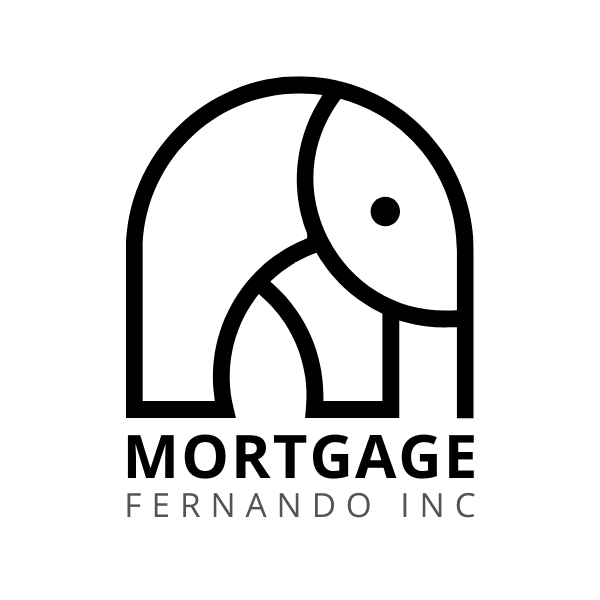Hey there, self-employed mortgage borrowers! Ever feel like traditional banks are treating your mortgage application like it’s a VIP-only club, and you just don’t make the list? Trust me, you’re not alone. But don’t worry—there’s a superhero in the mortgage world, and it’s called alternative lenders.
Let’s break it down so you can see why they might be the financial fairy godmother you didn’t know you needed.
Who Are These “Alternative Lenders”?
Alternative lenders (or, as the cool kids call them, B-lenders) are like the smart, resourceful underdog who comes through when the big guys (a.k.a. A-lenders) won’t play ball. And no, B doesn’t mean “bad”—it’s just a leftover label from the days when they were the backup plan. But today? They’re stepping into the spotlight.
Once upon a time, getting a mortgage through an alternative lender might’ve felt like you were admitting defeat. But thanks to tougher stress tests and higher interest rates, even the average borrower is turning to them. Alternative lenders aren’t just an option—they’re the smart option when traditional lenders throw down those rigid rules.
Why Self-Employed Borrowers Love Alternative Lenders
1. Flexibility Is Their Middle Name
You know how traditional banks are a bit like strict teachers? “You didn’t dot that ‘i’? No mortgage for you!” Alternative lenders? They’re more like the cool substitute teacher who lets you hand in your homework late—they understand that life isn’t always black and white. They work with people in unique financial situations, especially the self-employed.
2. Self-Employed? No Problem!
If you’re self-employed, you already know the pain of proving your income to a traditional bank. It feels like you need to show a treasure map to find your own money. But with alternative lenders, they get it. They offer solutions like stated income mortgages, where you don’t have to jump through a thousand hoops to prove you’re making money.
3. They Look at Business Income, Not Just Personal
One of the biggest headaches for self-employed folks is having to report high personal income to the CRA for two years straight to qualify for a traditional mortgage. And let’s be honest, most of us are trying to keep our personal income low for tax purposes (because who wants a bigger tax bill?). Alternative lenders see the bigger picture and use your business income to qualify you—no need to inflate your personal income and deal with CRA breathing down your neck.
4. They’re Chill About Debt-to-Income Ratios
If you’ve got a bit more debt or less traditional income flow, alternative lenders aren’t going to freak out. They allow higher debt-to-income ratios, so you can still get the mortgage you need without jumping through impossible hoops.
The Self-Employed Tax Tango
Let’s be real—being self-employed is awesome, but it also means playing a careful game with your income and expenses. Most business owners keep their reported personal income low (because, hello, taxes!). But prime lenders don’t care how smart your tax planning is—they just want to see two years of high personal income before they even think about approving you for a mortgage.
Alternative lenders, though, are more like, “We see you’re running a successful business, even if your salary doesn’t scream it.” They take a look at your entire business revenue, which gives a much clearer picture of your financial health. It’s like having a lender who actually understands you—what a concept!
But What’s the Catch?
Yep, there’s a catch. With alternative lenders, you might pay higher interest rates and fees. Think of it as the price for flexibility. But if it gets you that dream home or helps you avoid jumping through a hundred financial hoops, it might just be worth it.
When Do Alternative Lenders Make Sense?
Don’t think of alternative lenders as your last resort. For self-employed folks, they can be a strategic choice. Here’s why:
• Real Flexibility: If your income isn’t the traditional 9-to-5, or if you’ve got a few bumps in your financial history, alternative lenders can be a breath of fresh air you need.
• Save on Taxes: You won’t have to artificially inflate your personal income to qualify for a mortgage, saving you from paying more taxes than necessary.
• Tailored Solutions: They’ll even work with unique properties (farms, rentals, mixed-use buildings—you name it). Plus, they offer short-term solutions and variable-rate options so you can find what works best for you.
Bottom Line
Alternative lenders might just be your new best friends, especially if you’re self-employed. Sure, you’ll pay a little more, but the flexibility and understanding they offer could make all the difference when it comes to getting into your dream home.
Remember, every situation is different, and it’s always smart to weigh the pros and cons. So, if you’re wondering whether an alternative lender is the right move for you, let’s chat. Together, we’ll figure out the best strategy for your homeownership journey—without all the headaches.
Mortgage AdviceMortgageMortgage ProcessMortgage RefinanceSelf-Employed MortgageMortgage RenewalReal Estate InvestingHome EquityInterest RatesMortgage Renewal Mortgage Payments Interest RatesRatesReal Estate FinancingRefinancingAlternative LendersBoCCanadian Mortgage RulesCanadian Real EstateCredit ScoreDebt ConsolidationFinancial PlanningFTHBGrantsHELOCHome BuyingHomeownership TipsImprove Credit ScoreIncentivesInvestmentMortgage CalculatorsMortgage DocumentationMortgage PenaltiesMulti-Family RentalsOSFIPrivate LendersRate CutsReal Estate InvestmentRefinancing BenefitsSelf EmployedSelf-EmployedSingle-Family RentalsVariable RatesWealth Building
TAGS

